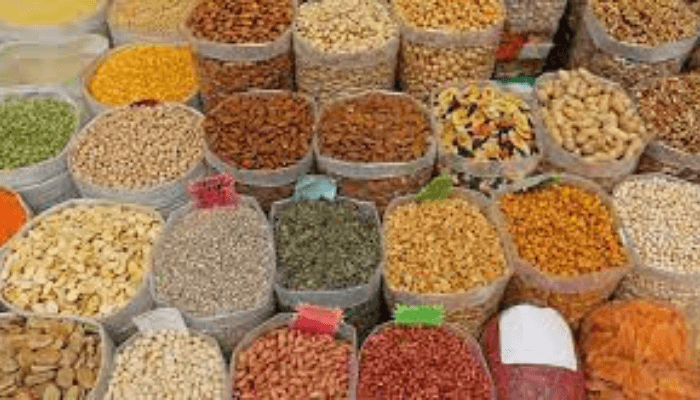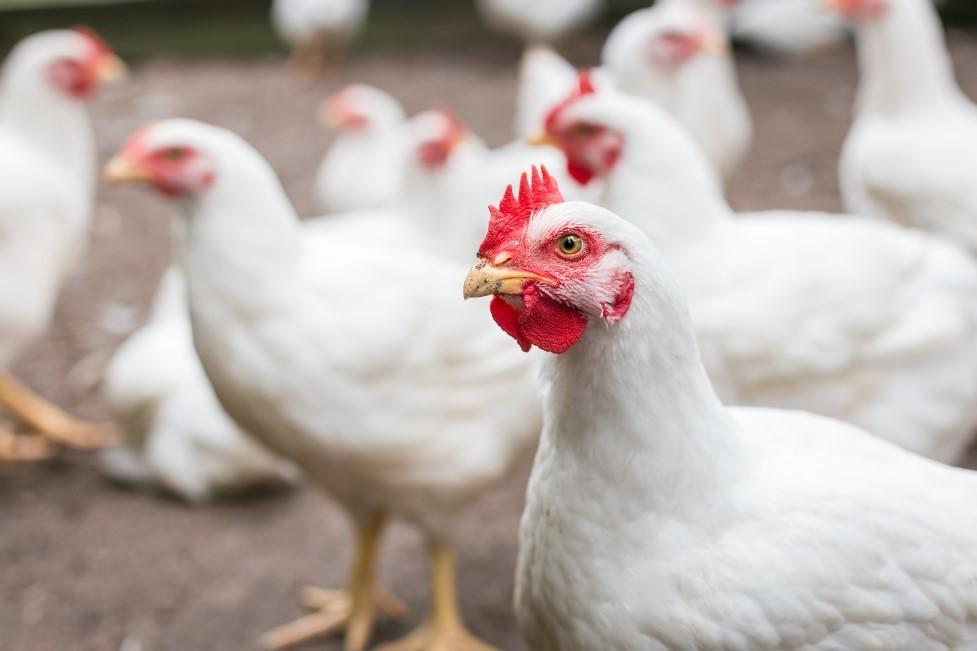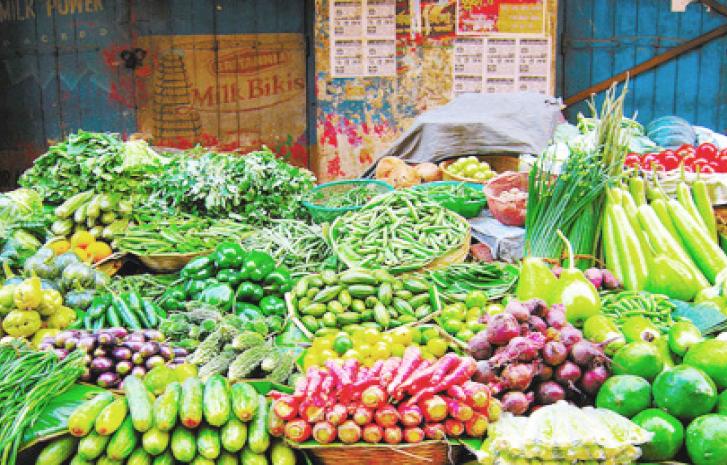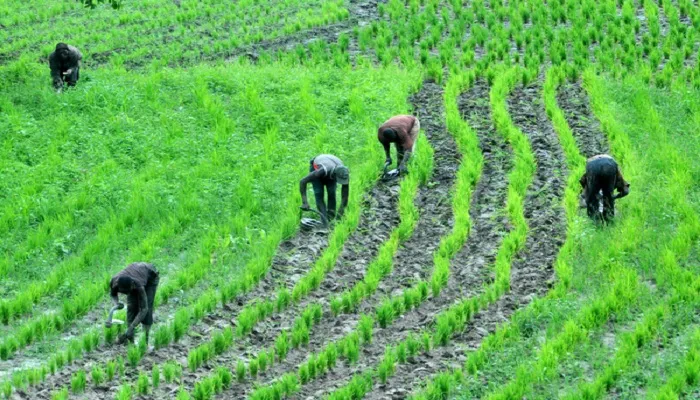Introduction:
Nigeria’s fish farming business is expanding quickly and has the potential to greatly boost both the nation’s economy and food security. Nevertheless, it is an industry that is impacted by a wide range of variables, including water quality and quantity, feed and feeding, disease and health management, genetics and breeding, market access and value chain, infrastructure and equipment, technical know-how and extension services, governmental policies and regulations, climate and weather, and financial and economic factors. The effectiveness and sustainability of fish farming in Nigeria may be significantly impacted by these factors. The success and sustainability of the sector may be improved by addressing the 10 elements impacting fish farming in Nigeria, which will be covered in further detail in this article. Factors Affecting Fish Farming in Nigeria
Fish farming: What is it?
The breeding, raising, and harvesting of fish, shellfish, and other aquatic creatures and plants take place in fish farming, sometimes referred to as aquaculture, in controlled habitats such ponds, tanks, and cages. Aquatic creatures can be grown in freshwater or saltwater in this type of agriculture. Numerous techniques, such as extended, semi-intensive, and intense systems, are available for fish farming. Extensive systems are frequently utilized in rural regions and have modest inputs and outputs. Semi-intensive systems are frequently utilized in small-scale activities and include modest inputs and outputs. Intensive systems are frequently employed in large-scale activities and have high inputs and outputs. For many people worldwide, fish farming has become a vital source of both food and money.Information Guide Nigeria
Read Also: 10 Factors Affecting Rail Transport Performance In Nigeria
Methods of Fish Farming in Nigeria
Fish farming can be carried out following different methods and some of them are;
- Closed system, another name for this is the integrated recycling system.
- Flow through system also called raceway system.
- Open system or floating cage system.
Benefits of Fish Farming to Nigeria
The benefits of fish farming in Nigeria include but are not limited to;
- Ease of maintenance
- Fish farming helps to make available fishes which act as a great source for omega 3 acid in the body.
- Accessibility of fishes
- Fish farming gives leverage to farmers to be able to rear different species of fish.
- It can be added other activities of the farm
- Little or no environmental hazard
- It provides a huge return on investment to farmers
- It brings a steady growth of revenue to farmers
Factors Affecting Fish Farming in Nigeria
Fish farming in Nigeria is impacted by several factors, including:
Read Also: 10 Factors Affecting Human Capital Development In Nigeria
-
Water Quality and Quantity
Fish farming requires a sufficient water supply since water is where the fish live and develop. Depending on the area and time of year, water availability and quality in Nigeria can vary drastically. The availability of water for fish farming may be significantly impacted by droughts and dry seasons, and the quality of the water can be badly impacted by pollution and ineffective water management.
-
Food and Nutrition
One of the biggest costs in fish farming is fish feed, and the availability and caliber of feed may have a big impact on how successful a fish farm is. Fish feed can often be hard to get by and expensive in Nigeria. Furthermore, farmers might not have access to the expertise and tools required to effectively design and administer fish feed.
-
Health and Disease Management
The control of illness and health is an essential component of fish farming. Diverse illnesses that might affect fish can spread swiftly and cause large losses if they are not effectively controlled. Farmers in Nigeria might not have the skills necessary to effectively manage illness and health in their fish due to restricted access to veterinary services and experience.JAMB Portal
Read Also: 10 Factors Affecting Relationship In Nigeria
-
Genetics and breeding:
The genetics and breeding pattern of fish farming play a key role in enhancing fish performance and output. Farmers in Nigeria might not have the skills or resources necessary to effectively breed and maintain their fish, and there could not be much access to genetically modified fish.
-
Value Chain and Market Access
Market accessibility is essential to the success of fish farming. Fish can be difficult to sell in Nigeria due to the country’s poor market accessibility, fierce rivalry, and low prices. Furthermore, it’s possible that farmers lack the tools, information, and resources needed to successfully market and sell their fish.
-
Infrastructure and Tools
Fish aquaculture requires enough infrastructure and equipment. It’s possible that farmers in Nigeria lack access to the tools and infrastructure they need, including aeration and feeding systems, tanks, ponds, and hatcheries.
-
Services for Extension and Technical Expertise
The success of fish farming depends on technical know-how and extension services. Farmers in Nigeria might not have access to the information and skills needed to operate their fish farms effectively, and there might not be a lot of extension services available.Romantic Love Messages
-
Policies and Regulations of the Government
Government rules and regulations may have a significant impact on fish farming. Policies and rules in Nigeria could not be favorable for fish farming, and farmers might not have the knowledge and resources they need to understand and abide by these rules.
Read Also: 10 Factors Affecting Nigeria’s Natural Resource Conservation
-
Weather and Climate
Weather and the environment have a big impact on fish aquaculture. Extreme climatic conditions like floods and droughts can have a significant influence on both the production of fish farms and the availability of water for fish farming in Nigeria.
-
Economic And Financial Factors
The viability of fish farming may be significantly impacted by financial and economic issues including finance availability and input costs. Input costs, such as feed and equipment, can be considerable in Nigeria, and farmers may not have access to the required capital to operate their fish farms effectively.Good Morning Love Message
Read Also: 10 Factors Affecting the Productivity of Pasture in Nigeria
Conclusion:
Fish farming is a complicated industry in Nigeria that is influenced by a variety of variables, including water quality and quantity, feed and feeding, disease and health management, genetics and breeding, market access and value chain, infrastructure and equipment, technical know-how and extension services, governmental policies and regulations, climate and weather, and financial and economic factors. It is crucial to solve these issues and offer farmers the appropriate tools and assistance if fish farming in Nigeria is to succeed and last.NYSC Portal
Check JAMB RESULT
Check and Confirm: How much is Dollar to Naira





